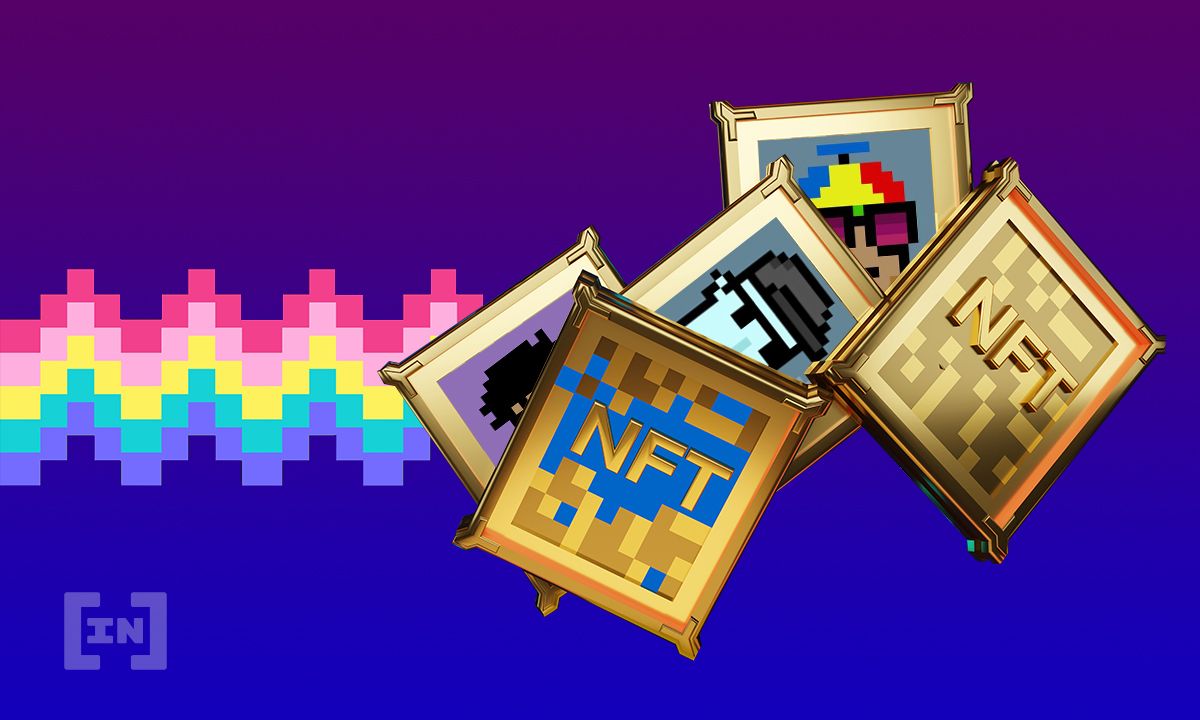Itch, the open source gaming platform, on Sunday criticized non-fungible tokens (NFTs) as a get-rich-quick scam targeted at exploiting creators of digital artistic content.
“NFTs are a scam,” Itch.io alleged, in a charged tweet. “If you think they are legitimately useful for anything other than the exploitation of creators, financial scams, and the destruction of the planet, then we ask that you please re-evaluate your life choices.”
Itch was founded by American programmer Leaf Corcoran in 2013. The outfit prides itself as a champion for free artistic expression, with a bias toward so-called independent games, or indie games.
The website allows users and developers alike to “host, sell and download indie games”. Itch also allows users to participate in an event called “game jams”, where developers are tasked to create a game within a few days’ time. As at August 2021, the platform hosted around 400,000 games.
‘Exploitative technology’
But for all its libertarian leanings, Itch finds non-fungible tokens as a capitalist creation, built to stifle artistic freedom. Apparently, some people have asked the platform “about our stance on NFTs”. In response, Itch ridiculed:
Also f**k any company that says they support creators and also endorses NFTs in any way. They only care about their own profit and the opportunity for wealth above anyone else. Especially given the now easily available discourse concerning the problems of NFTs.
In a separate, but not unrelated tweet, Corcoran blasted supporters of NFTs, calling the lot a “willfully ignorant people who are trying to push an exploitative technology”. He mocked in yet another tweet:
“Imagine being gamer tricked into wanting DRM [Digital Rights Management] in your games by a bunch of con-artists obsessed with becoming obscenely wealthy from the modern equivalent of the beanie baby bubble.”
A non-fungible token is an immutable and unique unit of data stored on the blockchain. NFTs can be used to represent items such as photos, videos, audio and other types of digital files.
In 2020, non-fungible tokens emerged as a cultural storefront of the cryptocurrency industry, bringing up novel possibilities in the curation and circulation of art. NFTs swayed fascinated endorsements from pop celebrities such as Snoop Dog, Lindsay Lohan, Grimes and several others.
Digital artist, Beeple, sold an NFT for more than $69.3 million last year. Twitter founder, Jack Dorsey, converted his first ever tweet into a non-fungible token and sold it for $2.9 million.
As contemporary art, NFTs raked in $3.7 billion in global sales by October 2021, according to a report by Artpiece. Overall, NFT industry volumes have topped $16.5 billion over the past 30 days, led by marketplaces LooksRare and OpenSea, per DappRadar data.
NFTs have utility, say industry players
Proponents dismissed Itch’s claims, arguing that NFTs were a legitimate technology for the creation and ownership of digital content.
Ilman Shazhaev, founder of blockchain gaming metaverse Farcana, says he expected that NFTs would face criticism from “prominent industry players, but it does not make sense to call NFTs a scam.”
“Instead of serving as ‘simple’ digital collectibles, non-fungible tokens can represent all the in-game items in an IP, offering real, verifiable ownership to their holders,” Shazhaev told BeInCrypto.
“Combining them with the Play-to-Earn model allows developers to incentivize their players for active engagement in exchange for NFT and token rewards. Users have a way to earn assets that can be easily converted into real-world money by just simply playing a game and completing challenges.”
On this basis, Shazhaev concluded that non-fungible tokens were not in any way “less ethical than the infamous Pay-to-Win model, a scheme widely used in the gaming industry that provides an unfair advantage to players who spend money on weapons, loot boxes, and other assets.”
Tomer Nuni, CMO of Kryptomon, a gaming and NFTs platform, spoke about the utility of non-fungible tokens as a key feature of this novel technology’s decentralized approach toward the ownership of digital creative content.
“Utility NFTs allow users to actually own in a trustless manner real game objects,” Nuni told this publication. He added that objects owned this way could never be taken away from the owners “by creators or [have] their value manipulated by the creator” since value is demand-driven.
Nuni stated that this model of utility NFTs ownership “completely eliminates the ability to ‘scam’ players and owners”.
Itch are not the first to rail against NFTs. Earlier this month, Philosopher Slavoj Zizek argued that it is naïve to believe bitcoin and non-fungible tokens bring freedom. He said that NFTs have no value in themselves, but rather represent self-referential exchange value and capitalist speculation.
What do you think about this subject? Write to us and tell us!
Disclaimer
In adherence to the Trust Project guidelines, BeInCrypto is committed to unbiased, transparent reporting. This news article aims to provide accurate, timely information. However, readers are advised to verify facts independently and consult with a professional before making any decisions based on this content. Please note that our Terms and Conditions, Privacy Policy, and Disclaimers have been updated.

